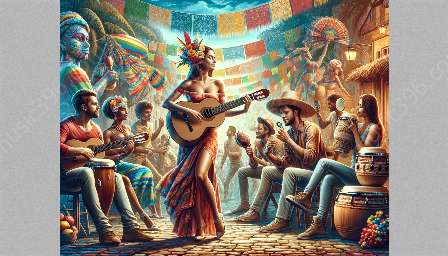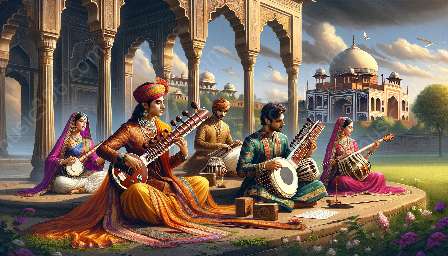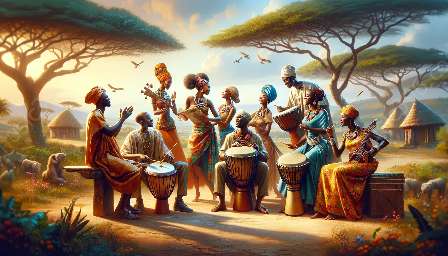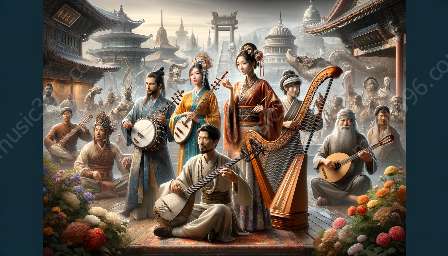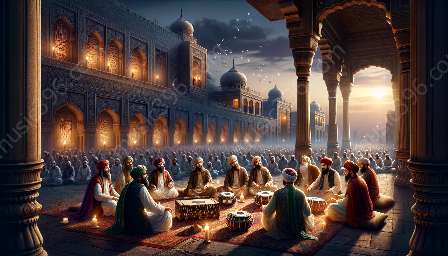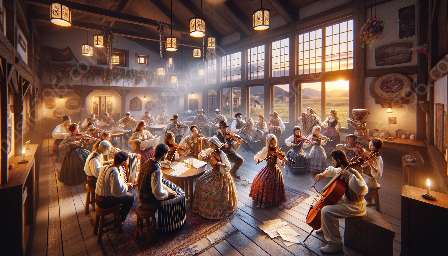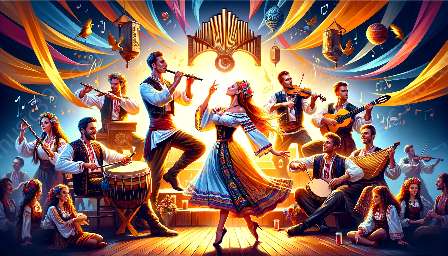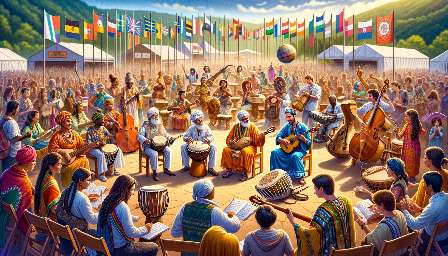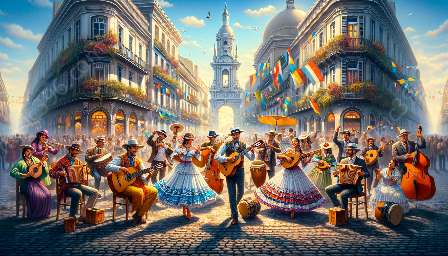The pulsating rhythm of Samba music is a reflection of the diverse and captivating Afro-Brazilian heritage. Rooted in tradition and celebrated around the world, this vibrant genre holds a unique place in the world music landscape.
Exploring the deep connections between Samba music and Afro-Brazilian heritage sheds light on the historical, cultural, and social significance of this musical form. From its origins in the African diaspora to its evolution as a global phenomenon, Samba embodies the spirit of unity, rhythm, and celebration.
The History of Samba
Samba music has its roots in the rich heritage of enslaved Africans who were brought to Brazil during the transatlantic slave trade. Their cultural practices, including music, dance, and spirituality, became integral to the formation of Afro-Brazilian identity. The rhythmic beats of Samba encapsulate the resilience and creativity of these communities in the face of adversity.
Throughout its history, Samba has served as a powerful expression of resistance and resilience. From its early iterations in the streets and favelas of Brazil to its emergence in the mainstream music scene, Samba has remained a symbol of cultural pride and solidarity.
Afro-Brazilian Influence
The influence of Afro-Brazilian heritage on Samba music is unmistakable, permeating every rhythm and melody. The syncopated beats, vibrant instrumentation, and spirited lyrics are all rooted in the diverse traditions of Afro-Brazilian culture.
Afro-Brazilian religious and spiritual practices, such as Candomblé and Umbanda, have played a significant role in shaping the musical and lyrical elements of Samba. The rhythmic patterns and call-and-response structures in Samba songs draw inspiration from the rituals and celebrations of these traditions, creating a symbiotic relationship between music and spirituality.
Moreover, the cultural exchange between African, Indigenous, and Portuguese communities in Brazil has further enriched the tapestry of Samba music. This fusion of diverse influences has given rise to a dynamic and inclusive musical genre that resonates with audiences worldwide.
Samba in the World Music Scene
Samba's enduring legacy and profound cultural significance have cemented its place within the world music scene. The infectious rhythms and lively melodies of Samba have captivated audiences on a global scale, transcending linguistic and cultural barriers.
As a prominent representative of Brazilian culture, Samba has become synonymous with celebration and festivity. It has been embraced in diverse corners of the world, from the streets of Rio de Janeiro during Carnival to international stages where musicians showcase the exuberance of Samba to audiences of all backgrounds.
Furthermore, Samba's influence extends beyond its musical elements, encompassing dance, visual arts, and cultural expressions. The vibrant and energetic nature of Samba has inspired countless artists and performers, fostering cross-cultural exchanges and collaborations that perpetuate its essence within the world music community.
Preserving the Heritage
Amidst the evolving musical landscape, efforts to preserve the authenticity and legacy of Samba music and its Afro-Brazilian heritage remain crucial. Cultural institutions, grassroots movements, and dedicated artists are committed to safeguarding the traditional roots and narratives embedded in Samba, ensuring that its essence endures for future generations.
Through educational initiatives, cultural exchanges, and community engagement, the preservation of Samba's heritage continues to thrive. By honoring the contributions of Afro-Brazilian communities and recognizing the historical context of Samba, we uphold the spirit of inclusivity and respect that defines this vibrant musical tradition.
Embracing Diversity and Unity
At its core, Samba music celebrates the unity of diverse cultural expressions and identities. It serves as a powerful testament to the resilience, creativity, and unyielding spirit of the Afro-Brazilian heritage. By embracing the rich tapestry of influences that shape Samba, we honor the interconnectedness of humanity and the universal language of music.
As a dynamic and ever-evolving genre, Samba transcends boundaries, fostering connections and fostering connections between people from all walks of life. It stands as a testament to the enduring legacy of Afro-Brazilian heritage and its profound impact on the world music landscape.

